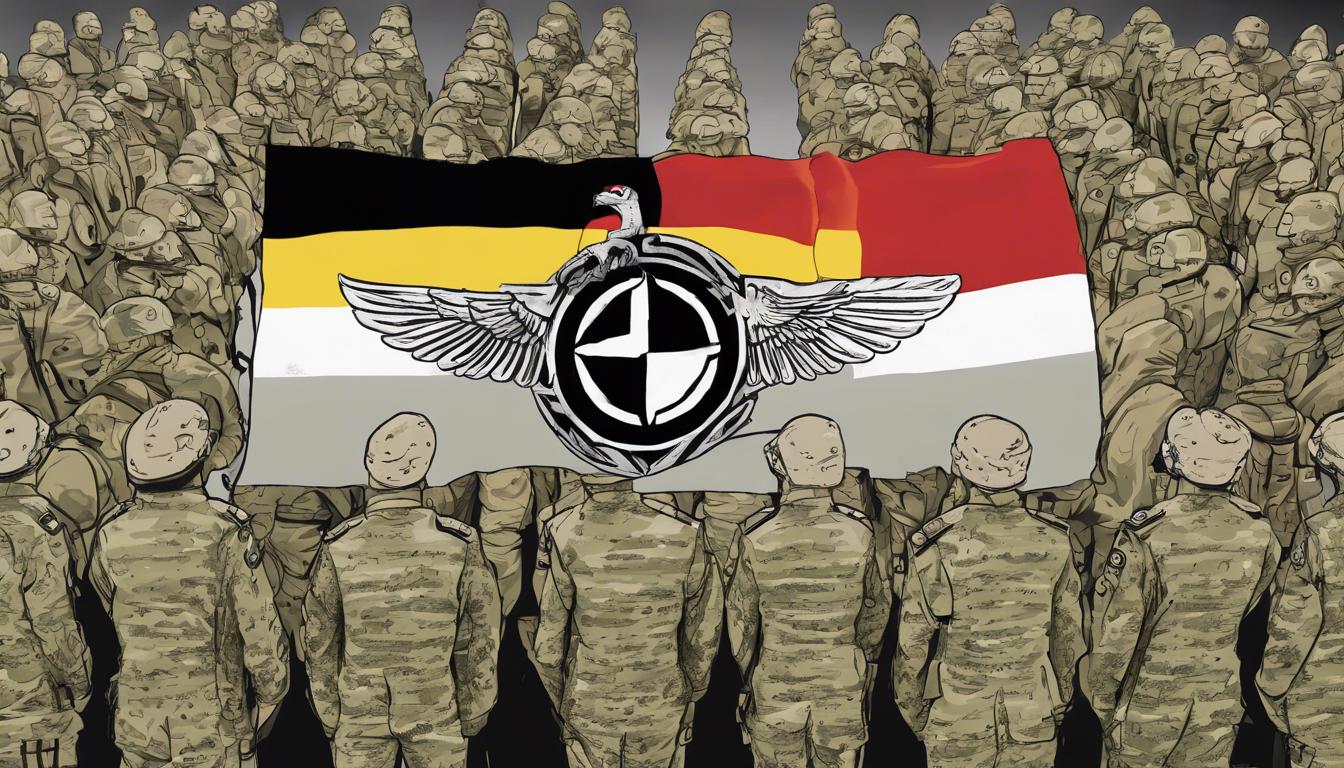Germany is poised for significant defense reforms under Defense Minister Boris Pistorius, with plans to enhance Bundeswehr capabilities, possibly reintroducing national service amid strategic shifts following Russia’s Ukraine invasion.
Germany is set to undertake significant military reforms, including a potential revival of national service, under plans outlined by Defense Minister Boris Pistorius. These changes come as part of a broader strategy to enhance the Bundeswehr’s defense capabilities and reaffirm Germany’s commitment to safeguarding NATO territories. The proposed restructure includes the establishment of a single operational command and the elevation of cyber warfare to equal status with traditional military domains such as land, air, and sea operations.
This strategic shift in Germany’s defense policy follows Chancellor Olaf Scholz’s declaration of a “turning point” or “Zeitenwende” in response to Russia’s invasion of Ukraine. Scholz’s administration has also committed to increasing defense spending to meet NATO targets, demonstrating a commitment to the alliance and its obligations.
The reforms aim to address the current shortcomings within the Bundeswehr, deemed inadequate for the strategic challenges of today. By streamlining decision-making, enhancing coordination, and enabling technical advancements, the overhaul seeks to prepare the German military for contemporary and future threats. Furthermore, the reintroduction of compulsory national service, envisioned to be voluntary and gender-neutral, could mark a significant change in Germany’s approach to military recruitment.
Parallel to these developments, King Charles of the United Kingdom has lauded Ukraine’s “courageous battle for sovereignty” amidst ongoing conflict and increased support from NATO allies. As the military alliance marks its 75th anniversary, discussions to provide further military aid to Ukraine highlight the international community’s resolve to counter Russian aggression and affirm commitments to sovereignty and global stability. The unfolding situation in Eastern Europe underscores the significance of collective defense efforts and the evolving nature of military strategy and alliances in response to global security challenges.













